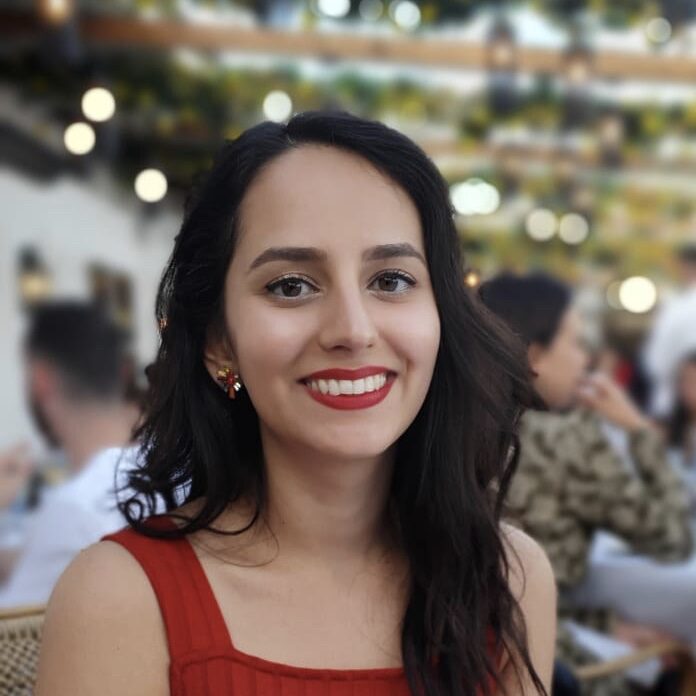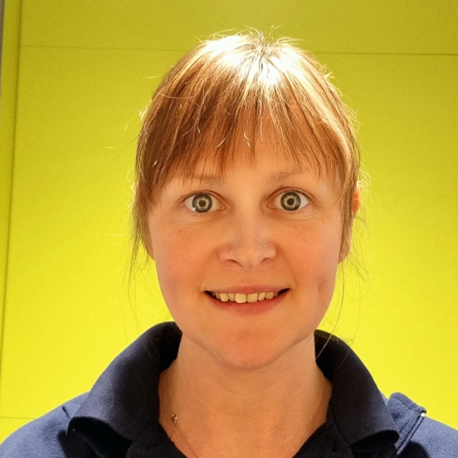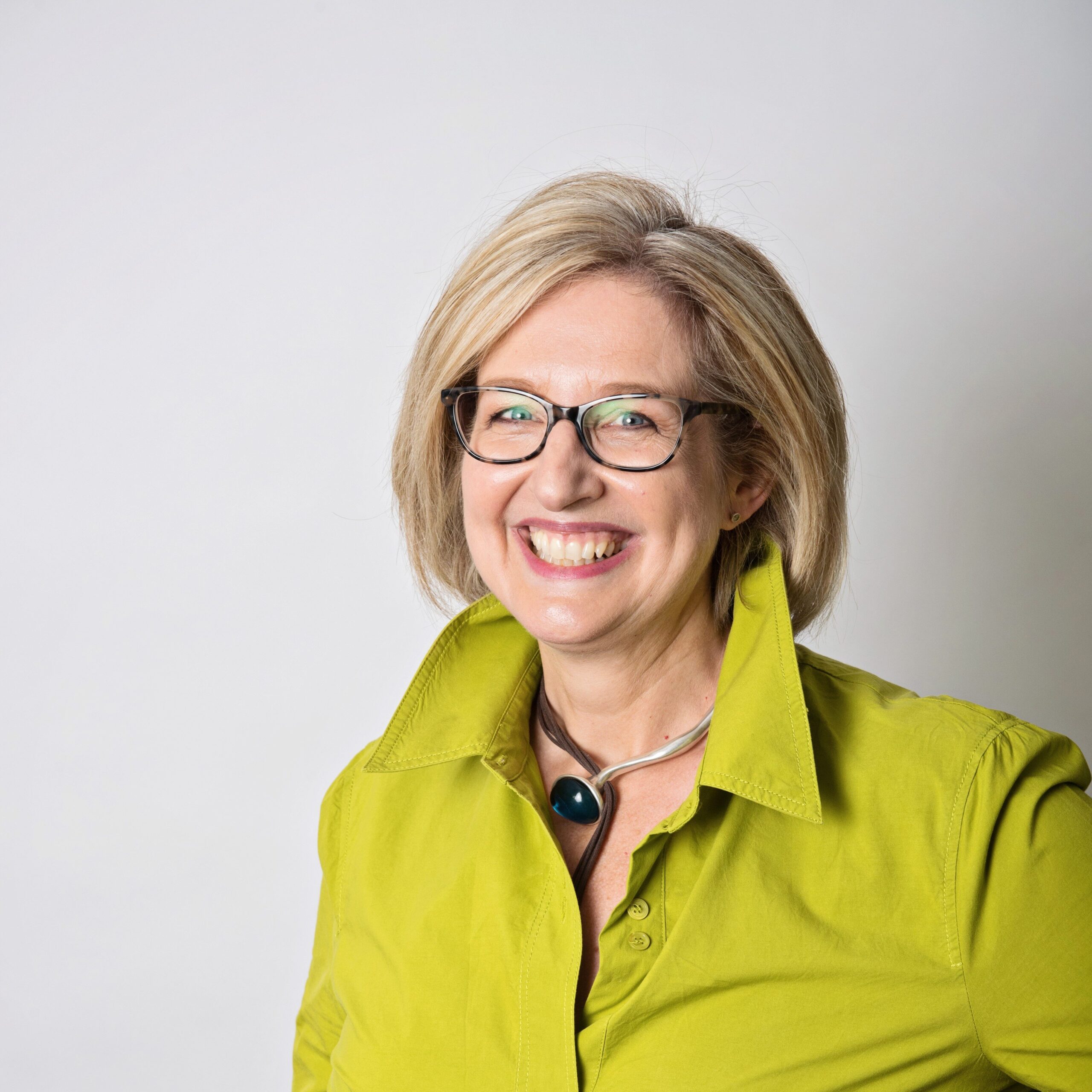International Women in Engineering Day celebrates the amazing women working in engineering, and plays a vital role in encouraging more young women and girls to take up engineering careers. We spoke to three of our engineers to find out what inspired them to join the Engineering Profession.
Meet our engineers:

Geena
Senior Technical Specialist at DfT

Jacqui
Marine Surveyor at MCA

Judy
Chief Data Architect at MCA
What inspired you to choose an engineering career?
Geena:
I’ve always been very creative but also enjoyed the sciences and learning in general! Studying materials engineering seemed like a great opportunity to learn about, and be involved in, interesting and innovative ideas and research.
Jacqui:
From a very young age, I was always interested in taking things apart. The putting back together stage was guided by my Grandfather, a Chief Engineer within the RFA. The feeling of something not working, disassembling, finding the problem, and then rectifying it, gave me such a feeling that is indescribable.
Judy:
I hadn’t considered myself an engineer but the world of data is constantly evolving and data engineering is a significant part of that. Data engineering involves designing, building, and maintaining systems and infrastructure to manage large volumes of data. I enjoy the challenge of getting data out of various systems, and cleaning it up so it can be analysed and presented in the most meaningful way.
Tell us about your journey into your role.
Geena:
My journey into this role hasn’t been straightforward at all! My Master’s degree was a project related to additive manufacturing, my PhD project was linked to the nuclear industry and now I find myself in the automotive sector!
After finishing my PhD I was a little unsure of what I wanted to do and I was considering moving away from engineering. After seeing the job description for my first role in IVS I decided to apply as it offered a good opportunity to use my engineering skills in the Civil Service, without necessarily needing prior experience in the field.
Jacqui:
As part of my seafarer training as a Cadet, I completed an expanded Marine Engineering HND with Electro-technical top-up – the first course of its kind at the time. I then worked toward my further Marine Engineering Certificates of Competency, reaching Chief Engineer Management level in 2018.
I spent 4 years working as a Technical Superintendent, where I worked alongside the MCA on a regular basis. This allowed me to see the ‘other side’ of the maritime world, gaining an understanding of the regulatory element, and in 2022, I decided to make the move to MCA.
Judy:
My route into data has been far from conventional. I studied French and German at university and joined a fashion retail brand on their graduate retail management training programme. Part of that role involved analysing reports which were rather dull – faintly printed spreadsheets on green and white striped paper. However, I was interested in where the data came from and a few years later started learning about databases.
With that, I became a certified Database Administrator but I soon realised that I was more interested in the content of the databases rather than the databases themselves. So I moved into learning about data warehouses which are a special kind of database specifically designed for analysing data. I’ve now been working in the field for 20 years and still find it fascinating.
What advice would you give to other women trying to get into the engineering profession?
Geena:
I think it’s easy to think you aren’t qualified enough to apply for certain roles, but I’ve found that more often than not you are more equipped than you think. Even if you get rejected from a job, there’s still so much you can learn from the process that it’s worth applying!
Jacqui:
If you are considering coming into the profession, speak to someone who has experienced it within the career you are looking at. It doesn’t need to be a woman – there are a number of allies and networks in a number of companies (especially the Civil Service) that can guide and assist you to the best points of contact. Once in the industry, get involved with the mentor scheme, surround yourself with like-minded people, have someone to bounce ideas off, and generally get stuck in!
Judy:
Keep an eye out for the various support groups that are out there so you can connect with other women in the field to hear more. I’m a STEM ambassador and through that get involved with activities in schools to promote the study of Science, Technology, Engineering, and Maths. There’s also Women in Data® and the WISE Campaign (Women in Science and Engineering).




